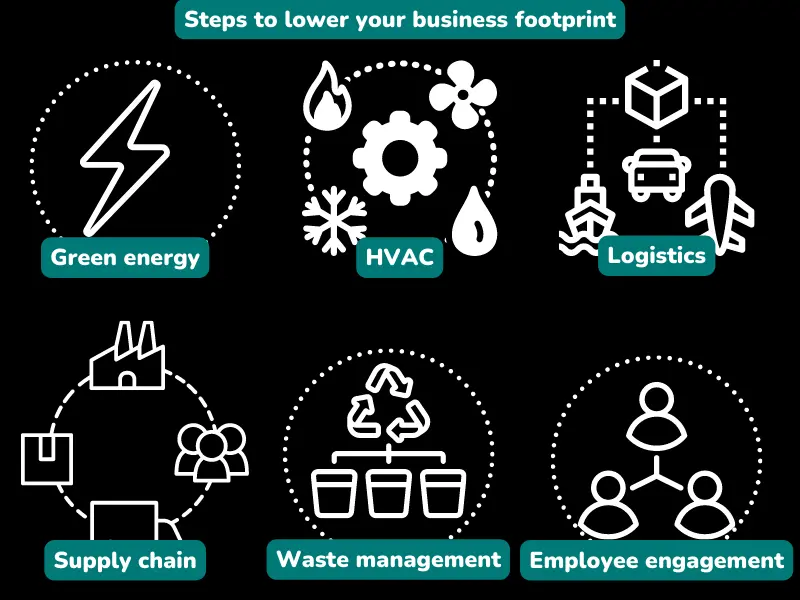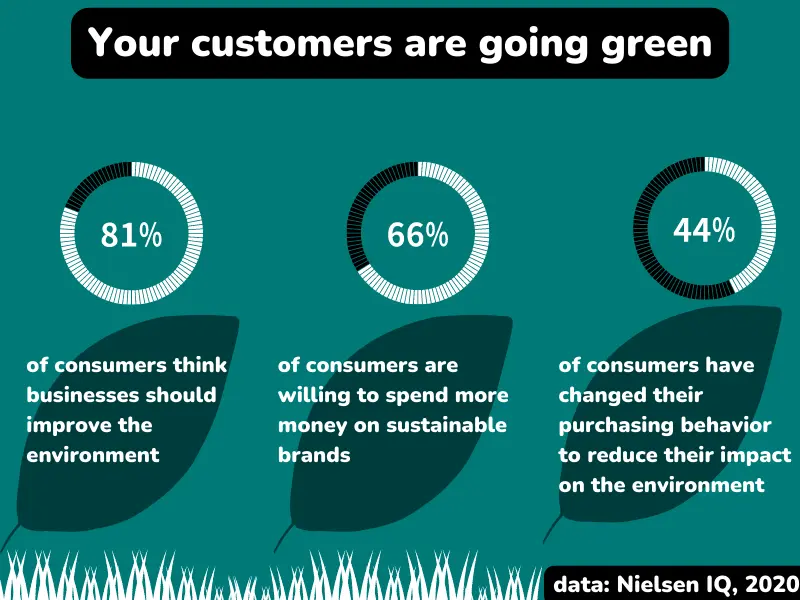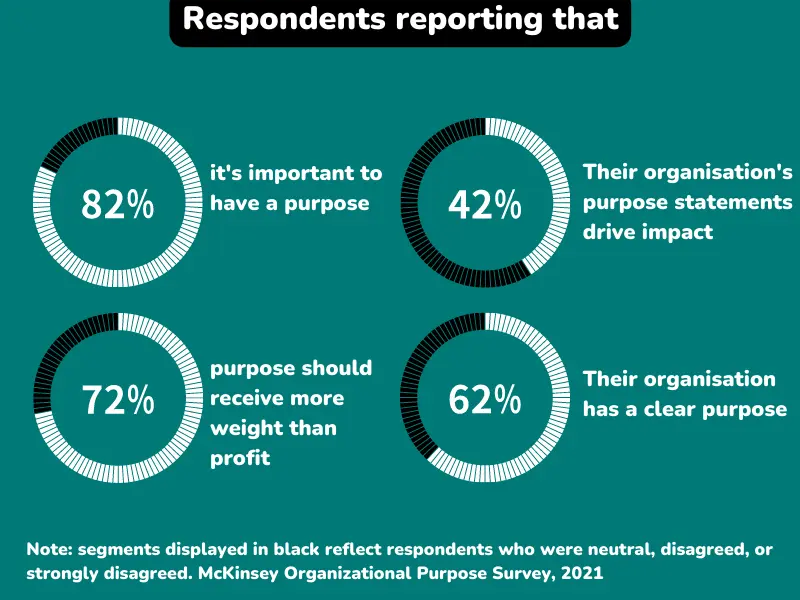Benefits of CO₂ Offset for Businesses
O₂ offset is a method for companies to reduce their ecological footprint on the environment. Compensating for CO₂ should be a supplementary approach aimed at offsetting emissions over which you have little to no control. This implies that you are already taking the necessary steps to reduce your own emissions.

Offsetting Emissions
For aspects that your company has limited control over or cannot influence directly, investing in projects that remove CO₂ from the atmosphere is a viable solution. This can contribute to reducing your net ecological footprint.
Your company, for instance, can invest in:
Reforestation: Projects focused on reforestation and forest preservation can aid in removing and storing CO₂ from the atmosphere through trees and other vegetation.
Renewable Energy: Investments in renewable energy projects, such as wind, solar, and hydroelectric power, can help reduce emissions by substituting fossil fuels with cleaner energy sources.
Sustainable Agricultural Practices: Projects promoting sustainable agriculture, such as reducing the use of fertilizers and pesticides, can help mitigate emissions from agricultural practices.
Landfill Gas Capture: Projects that capture and utilize methane gas from landfills can help reduce emissions and create a source of renewable energy.
5 benefits of CO₂ compensation
Positive Environmental Impact
By investing in CO₂ offset projects, companies directly support initiatives aimed at reducing CO₂ emissions and combating climate change. This has a positive impact on the environment and contributes effectively to a more sustainable future.

Support for Sustainable Development
Many CO₂ offset projects are located in developing countries, and by supporting these projects, you help provide sustainable development opportunities in these communities. This can aid in reducing poverty, improving access to clean energy, and creating employment opportunities.

Corporate Reputation
There is a clearly growing consumer interest in sustainability and environmentally friendly products and services. By offsetting CO₂ emissions, companies can demonstrate their commitment to sustainability and corporate social responsibility (CSR). This enhances their reputation and increases consumer confidence, resulting in heightened customer loyalty.

Greater Employee Engagement
Employees are increasingly seeking companies that align with their values and beliefs. Offsetting CO₂ emissions enhances employee engagement and motivation. Employees become part of your mission, preferring to work for companies with a higher purpose. Moreover, an active sustainability policy motivates employees to adhere to sustainable practices, such as reducing printing and lowering heating, leading to cost savings.
Employees value having a purpose, but many respondents indicate that their company lacks a clear one.

Improved Stakeholder Engagement
CO₂ offsetting helps companies in their relationships with stakeholders in discussions about environmental and sustainability issues. Customers, employees, suppliers, and the community are seeking an active plan to address the climate crisis. It leads to a more open and transparent corporate culture and enhanced relationships with stakeholders.
Investors are also increasingly looking for companies that are sustainable and socially responsible. Therefore, reducing your ecological footprint can attract investments from socially responsible investors.






















